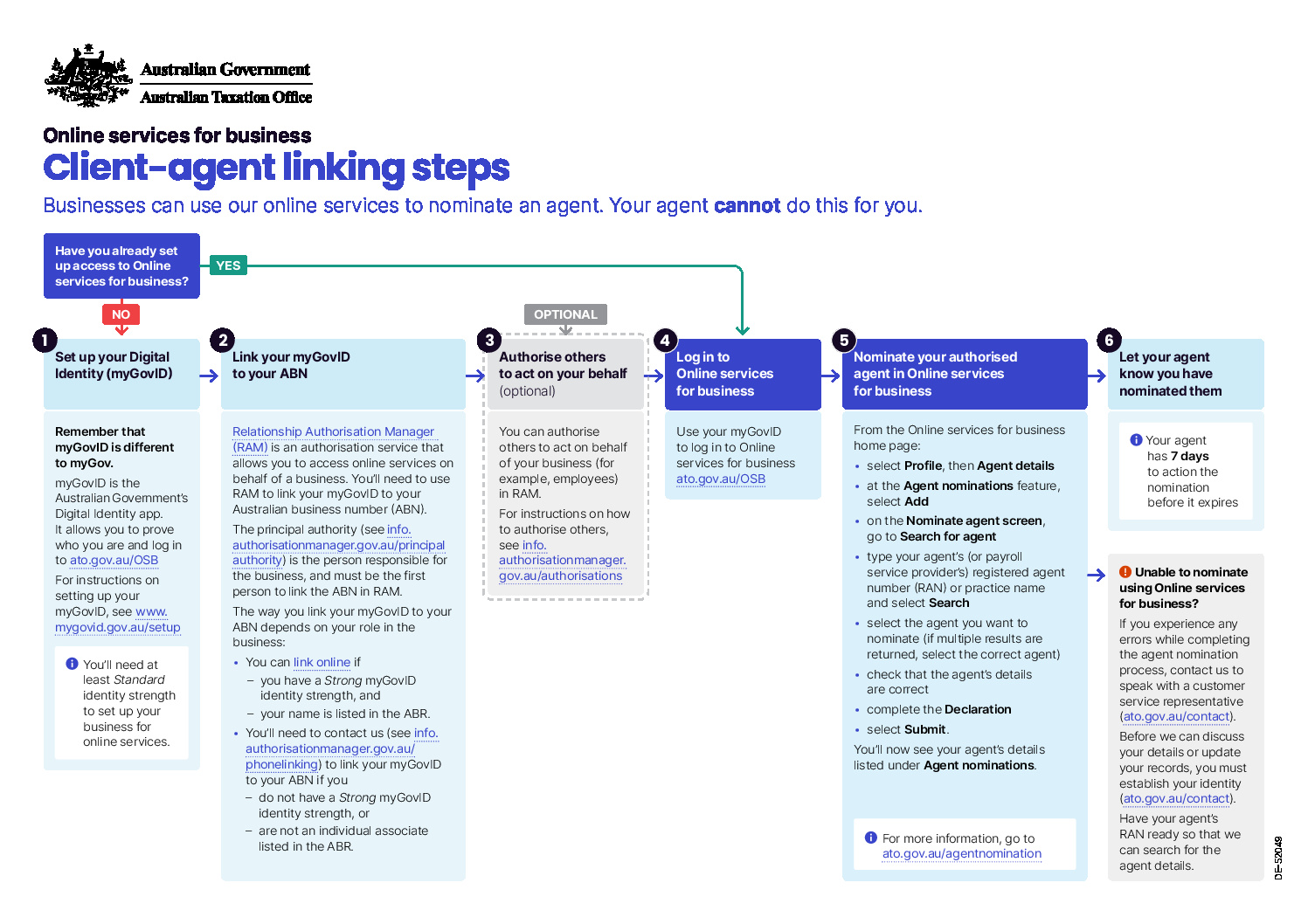Have you ever heard yourself saying: “My accountant has advised me that I have some GST “adjustments” to make.”
The next big question might be “what are they and how did that happen?”
What is a GST adjustment?
A GST adjustment will most likely occur due to a change of circumstances or facts and can include:
- cancellation of a taxable sale or purchase
- change in price of a taxable sale or purchase
- GST-free export supplies that are not exported within the required time (and therefore become taxable)
- bad debts or credit notes being raised
- changes made to the creditable purpose of a purchase
…and then there are mistakes
Mistakes however, are straight out errors, and can include:
- clerical errors
- a mathematical inaccuracy or exclusion in calculations
- the incorrect classification of GST status
If you are being told you have paid too much GST and owed a refund, it may have been caused by:
- purchase receipts or invoices from previous periods came to hand after a BAS was lodged
- errors were made in coding the transactions
- a purchase is actually tax deductible but it was not included in a previous BAS
- a sale was coded as taxable but it was actually GST free
If you are being told you owe extra GST, it may have been caused by:
- a sales invoice was forgotten or missed
- a sale was coded as GST free when in fact it included GST
- an error was made in coding transactions
- a purchase was included that is not actually tax deductible
- a purchase that wasn’t 100% business-use was claimed
In limited circumstances, a GST adjustment can be accounted for in a subsequent tax period in which the event occurs, but there are strict time limits and value limits.
If the error is a debit error (an increase in the GST you owe), for entities with a turnover less than $20 million, the time limit is 18 months and the value limit is $10,000. Should your error be more than this amount, you are required to amend the previous BAS the adjustment occurred in, until you have brought the total value of your remaining errors below the limit. Then you can make the remaining corrections on your current activity statement, but it must be done within 18 months.
If the error is a credit error (a refund of GST to you), there are no value limits, but an extended 4 year period of review to fix the error. If you fail to fix the error within that time limit, the error cannot be corrected and you effectively forego collecting the money owed to you.
If you are not sure what period you are required to report the error you should consult with your accountant.
Accountants may generally use the term “adjustment” rather than “mistake” or “error”, however quite often the adjustment is in fact a mistake. So when your accountant advises you that there are GST “adjustments” to make, colloquially they are advising you that “mistakes” have been made.













